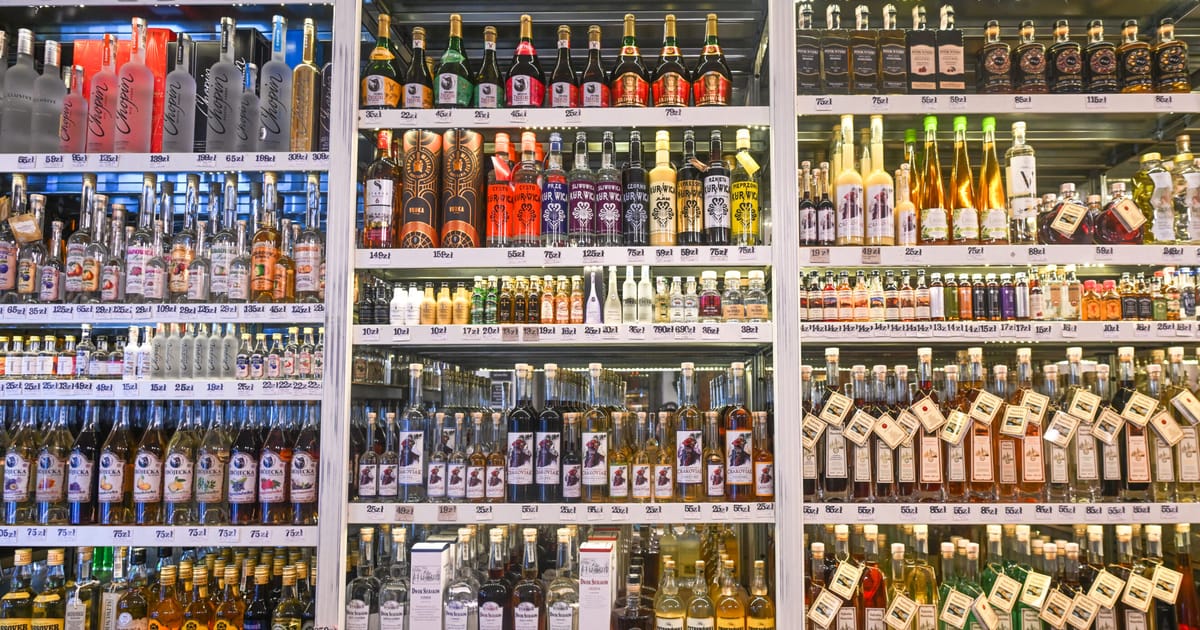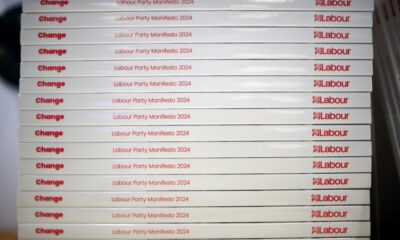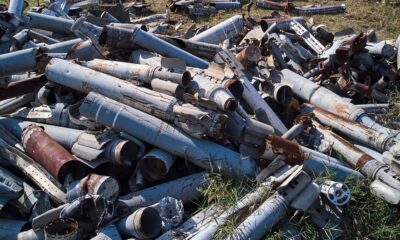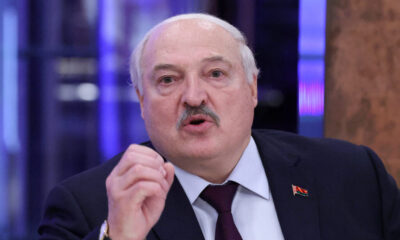EU Affairs
Booze-soaked Poland pushes for nighttime sales ban

Read more on post.
In locations where bans have been in place, police reports say the effects have been positive — less crime, more security in the streets and fewer patients at emergency wards — according to local media.
“I would prefer local governments to follow the example of those that consistently try to counter the effects of what I call ‘liberal alcoholism,’ Especially in big cities, the presence of drunk people late at night near homes or in city centers is anything but pleasant,” Tusk said Sept. 22.
The Left’s draft would ban sales at petrol stations and in long-term rehabilitation facilities and impose a 10 p.m.–6 a.m. national ban, with the option for local councils to widen the restriction to start at 9 p.m. and end at 9 a.m. It would also mandate age checks for every purchase and forbid selling below the combined level of excise and VAT, as is often the case in supermarket promotions.
Poland 2050 also wants to let local authorities extend bans to 9 a.m. and to adjust licenses that have not been changed in 23 years.
Few incentives to drink less
The country’s National Center for Counteracting Addictions, or KCPU, a government agency coordinating policies on drug and alcohol abuse, estimates the social cost from alcohol in Poland at roughly 93 billion złoty (€21.8 billion) a year, compared with just 14 billion złoty in excise revenues.
Poland’s per-capita consumption of pure alcohol stood at 8.8 liters in 2024, dropping steadily from 9.7 liters in 2021 due to lower beer consumption, according to KCPU data. Spirits, meanwhile, have held steady. WHO data shows Poles drink more than the bloc’s average.













